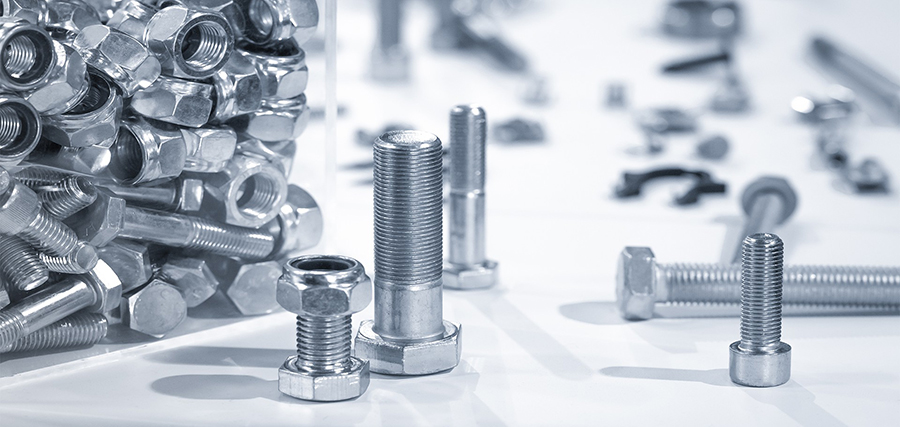
-
 Afrikaans
Afrikaans -
 Albanian
Albanian -
 Amharic
Amharic -
 Arabic
Arabic -
 Armenian
Armenian -
 Azerbaijani
Azerbaijani -
 Basque
Basque -
 Belarusian
Belarusian -
 Bengali
Bengali -
 Bosnian
Bosnian -
 Bulgarian
Bulgarian -
 Catalan
Catalan -
 Cebuano
Cebuano -
 Corsican
Corsican -
 Croatian
Croatian -
 Czech
Czech -
 Danish
Danish -
 Dutch
Dutch -
 English
English -
 Esperanto
Esperanto -
 Estonian
Estonian -
 Finnish
Finnish -
 French
French -
 Frisian
Frisian -
 Galician
Galician -
 Georgian
Georgian -
 German
German -
 Greek
Greek -
 Gujarati
Gujarati -
 Haitian Creole
Haitian Creole -
 hausa
hausa -
 hawaiian
hawaiian -
 Hebrew
Hebrew -
 Hindi
Hindi -
 Miao
Miao -
 Hungarian
Hungarian -
 Icelandic
Icelandic -
 igbo
igbo -
 Indonesian
Indonesian -
 irish
irish -
 Italian
Italian -
 Japanese
Japanese -
 Javanese
Javanese -
 Kannada
Kannada -
 kazakh
kazakh -
 Khmer
Khmer -
 Rwandese
Rwandese -
 Korean
Korean -
 Kurdish
Kurdish -
 Kyrgyz
Kyrgyz -
 Lao
Lao -
 Latin
Latin -
 Latvian
Latvian -
 Lithuanian
Lithuanian -
 Luxembourgish
Luxembourgish -
 Macedonian
Macedonian -
 Malgashi
Malgashi -
 Malay
Malay -
 Malayalam
Malayalam -
 Maltese
Maltese -
 Maori
Maori -
 Marathi
Marathi -
 Mongolian
Mongolian -
 Myanmar
Myanmar -
 Nepali
Nepali -
 Norwegian
Norwegian -
 Norwegian
Norwegian -
 Occitan
Occitan -
 Pashto
Pashto -
 Persian
Persian -
 Polish
Polish -
 Portuguese
Portuguese -
 Punjabi
Punjabi -
 Romanian
Romanian -
 Russian
Russian -
 Samoan
Samoan -
 Scottish Gaelic
Scottish Gaelic -
 Serbian
Serbian -
 Sesotho
Sesotho -
 Shona
Shona -
 Sindhi
Sindhi -
 Sinhala
Sinhala -
 Slovak
Slovak -
 Slovenian
Slovenian -
 Somali
Somali -
 Spanish
Spanish -
 Sundanese
Sundanese -
 Swahili
Swahili -
 Swedish
Swedish -
 Tagalog
Tagalog -
 Tajik
Tajik -
 Tamil
Tamil -
 Tatar
Tatar -
 Telugu
Telugu -
 Thai
Thai -
 Turkish
Turkish -
 Turkmen
Turkmen -
 Ukrainian
Ukrainian -
 Urdu
Urdu -
 Uighur
Uighur -
 Uzbek
Uzbek -
 Vietnamese
Vietnamese -
 Welsh
Welsh -
 Bantu
Bantu -
 Yiddish
Yiddish -
 Yoruba
Yoruba -
 Zulu
Zulu
types of thread rolling machine product
Types of Thread Rolling Machines
Thread rolling is a widely used manufacturing process that produces threads on workpieces through the application of pressure, rather than cutting. This method enhances the strength and durability of the threads while meeting precise specifications. To achieve these results, various types of thread rolling machines are employed across many industries. In this article, we will explore the different types of thread rolling machines and their applications.
1. Flat Die Thread Rolling Machines
Flat die thread rolling machines are among the most common types used in the industry. They feature two flat dies that come together to form the desired thread profile on the workpiece. This type of machine is ideal for producing external threads on cylindrical components. The flat die design allows for efficient rolling of threads with high accuracy and minimal material waste. Additionally, these machines can handle a wide range of workpiece diameters, making them versatile for various applications.
2. Circular Die Thread Rolling Machines
In contrast to flat die machines, circular die thread rolling machines utilize circular dies to roll threads onto the workpiece. This type is particularly effective for creating fine and intricate threads. Circular die machines are typically employed in high-speed production environments where efficiency is paramount. They provide greater control over thread depth and pitch, ensuring a consistent quality across large batches. Industries that frequently use circular die machines include automotive, aerospace, and electronics manufacturing.
3. Rotary Thread Rolling Machines
Rotary thread rolling machines operate by rotating the workpiece while it is pressed between two or more rolling dies. This method allows for the creation of threads with varying pitches and depths, making these machines suitable for more complex threading applications. Rotary machines are often used for producing longer threaded components, where standard die machines may struggle to maintain consistency. The design also enables the rolling of multiple threads simultaneously, significantly increasing production rates.
types of thread rolling machine product

4. Multi-Station Thread Rolling Machines
For manufacturers that require high-volume production, multi-station thread rolling machines provide an efficient solution. These machines are equipped with multiple sets of dies, allowing for simultaneous operations on multiple workpieces. Multi-station machines are highly automated, reducing labor costs and increasing throughput. They are ideal for mass-producing fasteners, bolts, and screws, where consistency and speed are crucial. Although typically more expensive, the investment often pays off through enhanced productivity.
5. Semi-Automatic and Fully Automatic Thread Rolling Machines
Automation in thread rolling has led to the development of semi-automatic and fully automatic machines. Semi-automatic machines require human supervision to some extent, allowing operators to monitor the process and intervene if necessary. Fully automatic machines, on the other hand, operate independently, utilizing advanced sensors and control systems to maintain production without human intervention. This level of automation not only reduces labor costs but also improves precision, making them suitable for high-demand applications.
6. Horizontal vs. Vertical Thread Rolling Machines
Thread rolling machines can also be categorized based on their orientation—horizontal or vertical. Horizontal machines are favored for their ease of accessibility, making them convenient for loading and unloading workpieces. Vertical machines, while requiring a different setup, can save floor space and may offer certain advantages in terms of threading larger components. The choice between horizontal and vertical machines often depends on specific production needs and available space.
Conclusion
Choosing the right type of thread rolling machine is crucial for optimizing production efficiency and ensuring the quality of threaded components. Manufacturers must consider various factors, including the nature of the workpiece, production volume, and required precision. With advancements in technology, the thread rolling machine market continues to evolve, offering more sophisticated solutions for engineers and manufacturers. Understanding the types of thread rolling machines available can empower businesses to make informed decisions that enhance their manufacturing processes.
